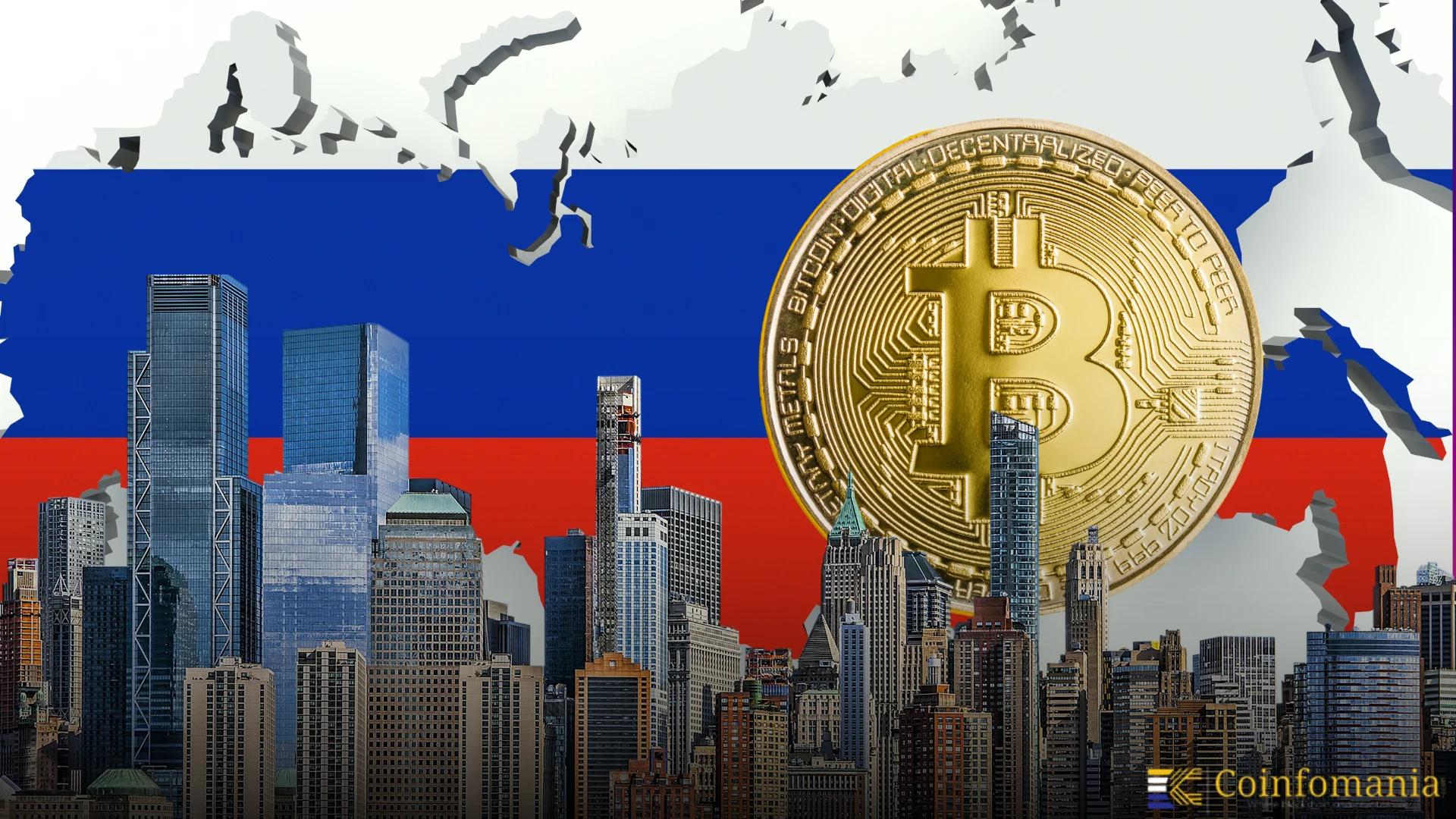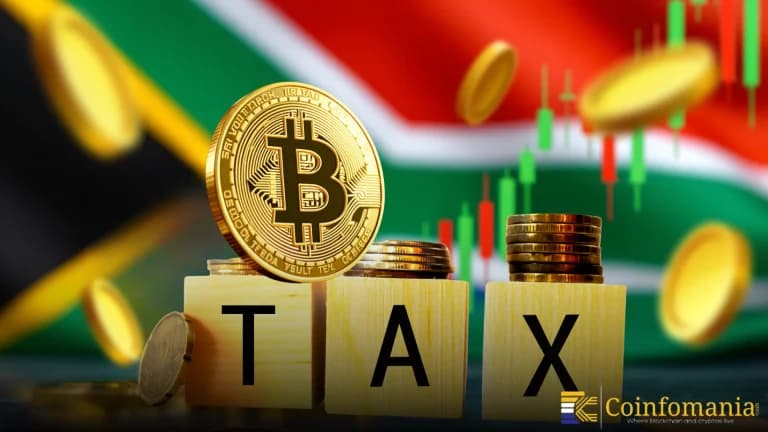Russia Authorizes Bitcoin for Foreign Trade in Major Policy Shift
Russia’s Ministry of Finance approves Bitcoin for foreign trade, marking a major geopolitical and economic shift.

Quick Take
Summary is AI generated, newsroom reviewed.
Russia’s Finance Ministry officially allows Bitcoin use in foreign trade.
Policy driven by sanctions and energy-based mining strategy.
Bitcoin trades near $108,500 following announcement.
Move signals dedollarization and crypto-backed trade expansion.
Russia has officially announced that foreign trade can be conducted with the help of Bitcoin, which is a significant step in the sphere of adoption of cryptocurrencies in the country and a new page in the financial policy of the country. At 07:36 UTC of October 22, 2025, X reported the announcement by @peterizzo (The Bitcoin Historian), which stated, “RUSSIAN MINISTRY OF FINANCE JUST SAID #BITCOIN CAN be used in foreign trade RUSSIA as the next global reserve asset. The quote has been circulated with official photos of the Russian authorities and the national banner, which has raised an instant debate in the world financial circles.
JUST IN: RUSSIA'S MINISTRY OF FINANCE JUST SAID #BITCOIN CAN BE USED IN FOREIGN TRADE
— The Bitcoin Historian (@pete_rizzo_) October 22, 2025
THE NEXT GLOBAL RESERVE ASSET 🔥 pic.twitter.com/lTcSni15eV
Such an announcement comes months after Russia announced an experimental regulatory framework enabling a restricted level of crypto usage on cross-border operations. The country has had years of western sanctions which has seriously curtailed access to traditional systems such as SWIFT. This is a strategic as well as an economic move by Russia. The nation generates vast amounts of energy excesses- particularly in Siberia- that run vast Bitcoin mining facilities. Analysts term this as a dedollarization milestone, which indicates that Russia is planning to become less reliant on the U.S. dollar and gain financial autonomy.
Market Response and World Impact
After the announcement, Bitcoin prices briefly shot up during early European trading, and this indicated the optimism of the market regarding the possibility of institutional adoption. Bitcoin is trading at a 2.8 percent gain of about 108 500 as of mid-day, October 22, 2025. The market analysts forecast that the additional affirmation by the Russian Finance Ministry or that of the Bank of Russia might push the prices even higher. Traditionally, Bitcoin has responded to geopolitical adoption milestones in a significant way, the most notable being the legal tender in El Salvador in 2021.
According to industry analysts, the policy of Russia may force other BRICS countries to consider implementing Bitcoin-driven trade platforms, particularly in the trend of dedollarization in the world. The increasing application of blockchain settlements in China via the Digital Yuan is also on this path.
Evolution of Law: Banning to Adoption
This step is a big turnaround based on the fact that in 2021 the Russian government banned crypto payments, viewing Bitcoin as a threat to the stability of its financial system. In 2023, the pressure of increasing sanctions led to reversing legislation by the legislature, with legalization of crypto mining of export-related transactions taking effect in 2024.
Russian exporters will be able to pay invoices in Bitcoin under the new policy, particularly on the export of energy and commodities and technology. This process minimizes the friction of trade payments and opens the opportunities of Russian companies to interact with foreign conditions with other companies that use crypto settlement instead of fiat money, especially in the countries that are afraid of secondary sanctions.
Challenges and Risks Ahead
The announcement is revolutionary but with its own difficulties. The fluctuation of Bitcoin prices can make long-term trade agreements more complicated, whereas the oppression of the cryptocurrency by Western countries is likely to increase. U.S. Treasury and the EU regulators will be able to trace the crypto-related sanctions evasion, and this could limit Bitcoin exchanges, which settle the transactions conducted by Russians.
Bitcoin, with a market value approximated to be more than 2 trillion and an increase in the number of institutions adopting it, has become increasingly attractive as a store of value. The Russian endorsement of this story may happen in a shorter time frame, particularly with increased diversification of countries away non-traditional reserves of gold and U.S. Treasury bonds.
Market Prognosis
The implications of this on global finance with a successful settlement on trade in Bitcoin, there is likelihood that other economies endorsed or non-endorsed, like Venezuela, Iran or North Korea, will follow suit. Economists fear that this might further divide the payment systems around the world, whereas crypto-activists celebrate by calling it a historic confirmation of the neutrality of Bitcoin.
Markets will monitor officially how Russia goes about implementing Bitcoin settlements, such as volume limits, taxing, and permitted industries in the next few weeks. Bitcoin traders are optimistic of short term volatility but in the long term, sentiment is overwhelmingly positive.
Allowing Bitcoin in Russian foreign trade is a significant milestone in the process of the state-level adoption of cryptocurrencies. The shift is a significant geopolitical one and mirrors necessity and innovativeness. The adoption of Bitcoin by Russia to overcome embargo and international financial services does not only change the economic strategy of this country, but also strengthens the relevance of the digital currency as a global reserve candidate.
References
Follow us on Google News
Get the latest crypto insights and updates.


